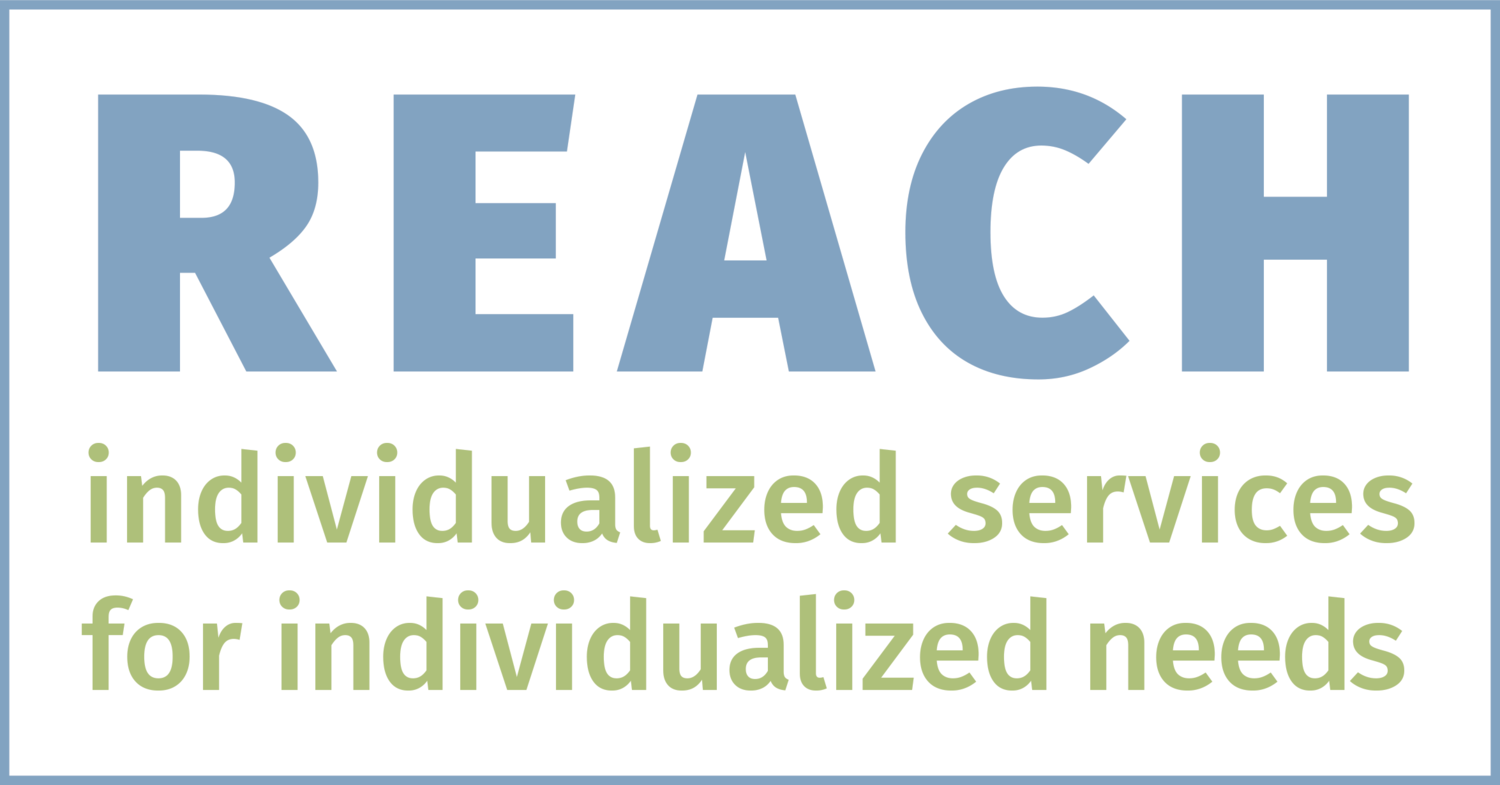Looking to Improve Mental Health and Wellbeing…Prioritize Tech-Free Time
In today's digital world, it's hard to imagine life without smartphones, tablets, and laptops. For tweens and teens, these devices are almost a natural extension of themselves. We all know how hard it is to disconnect and take a break from the constant stream of notifications, social media posts, and emails. In fact, a recent study showed that even when a phone is turned off, people are still drawn to it. We've become so reliant on technology that it's hard to imagine not having it at our fingertips. In many ways, its use feels as compelling as sugar and candy cravings.
As you likely know, though, the constant stimulation can be detrimental to our mental health. To be healthier and happier, our kids need tech-free time. Period.
One of the key benefits of free time is that it helps build regulation. Regulation refers to our ability to manage our emotions, thoughts, and behaviors. When kids have unstructured time to themselves, they learn how to regulate their own behavior, practice problem-solving skills, and develop social skills. Regulation is a key component of mental health. It helps with impulse management, emotional skills, and social relationships.
Another benefit of unstructured tech-free time is that it can combat bouts of depression and anxiety. By taking regular breaks from technology, tweens, and teens can give their brains a chance to decompress and reset. This can improve their mood and help them feel more balanced - and it can also help provide a surge of creativity.
While none of this is probably shocking to you, I think by now most adults know this….the challenge is how to help your child make wise tech decisions without getting in a power struggle with them, cutting them off from their most common tool to connect with peers, or completely micromanaging their tech.
My number one recommendation to combat the aforementioned parenting woes when it comes to tech battles? Make it a family affair. Change starts with the adults. Our kids learn many of their habits and patterns from us. The “easiest” way to share healthier tech habits with your children is to make it a family habit.
And let’s be honest, your kids are probably not the only ones addicted to tech. I know I find myself picking up my phone whenever I have a free minute for no intention other than to scroll on social media.
Change starts with us.
How do I go about making new family habits?
1. Set it up as a family experience and explain the importance of tech-free time. You might say:
“Let’s challenge ourselves to spend time away from our phones together!”
“We might notice all of us reaching for our phones, being irritated, or not sure what to do. We are going to have a natural inclination when it is uncomfortable.”
“It is going to be uncomfortable, and we are going to work through it.”
"We are all committing to having a tech-free routine because we think it will help us be more present and engaged with each other."
2. Decide the amount of tech-free time
Decide as a family how much time you want to commit to tech-free time. This could be super small, like not taking the phone out in a store while standing in line. Or it could be an entire evening without tech. You could also choose a time of day or activities to designate as tech-free.
3. Come up with Alternatives
Encourage time spent outside, exercise, and other activities that don't involve screens. These can be great options for unstructured tech-free time.
Ask your child what activities they enjoy doing that don't involve technology (e.g., reading, drawing, dancing, cooking, sports, etc.) and find ways to incorporate these into your routine. You could also make a date with your child. Volunteering or doing something they enjoy is a great alternative!
You might start by saying:
"I'm excited to try out..." Or
"What if we all..." Or
"Wouldn't it be fun if..." Or
“Let’s all go for a walk!” Or
“Let’s walk the dogs together.”
See what it does for your child’s mood and your relationship with your kids. Give it some time for kids because they might not like it much at first, and you might not either LOL. If your child complains about not having tech during that time, try to avoid reprimanding them or saying, “It’s just for a little bit.” Instead, try to empathize. Say something like, “phew, tech free can be hard. I’ve noticed that too.” Then refocus the conversation on something else.
Let us know how it goes!
